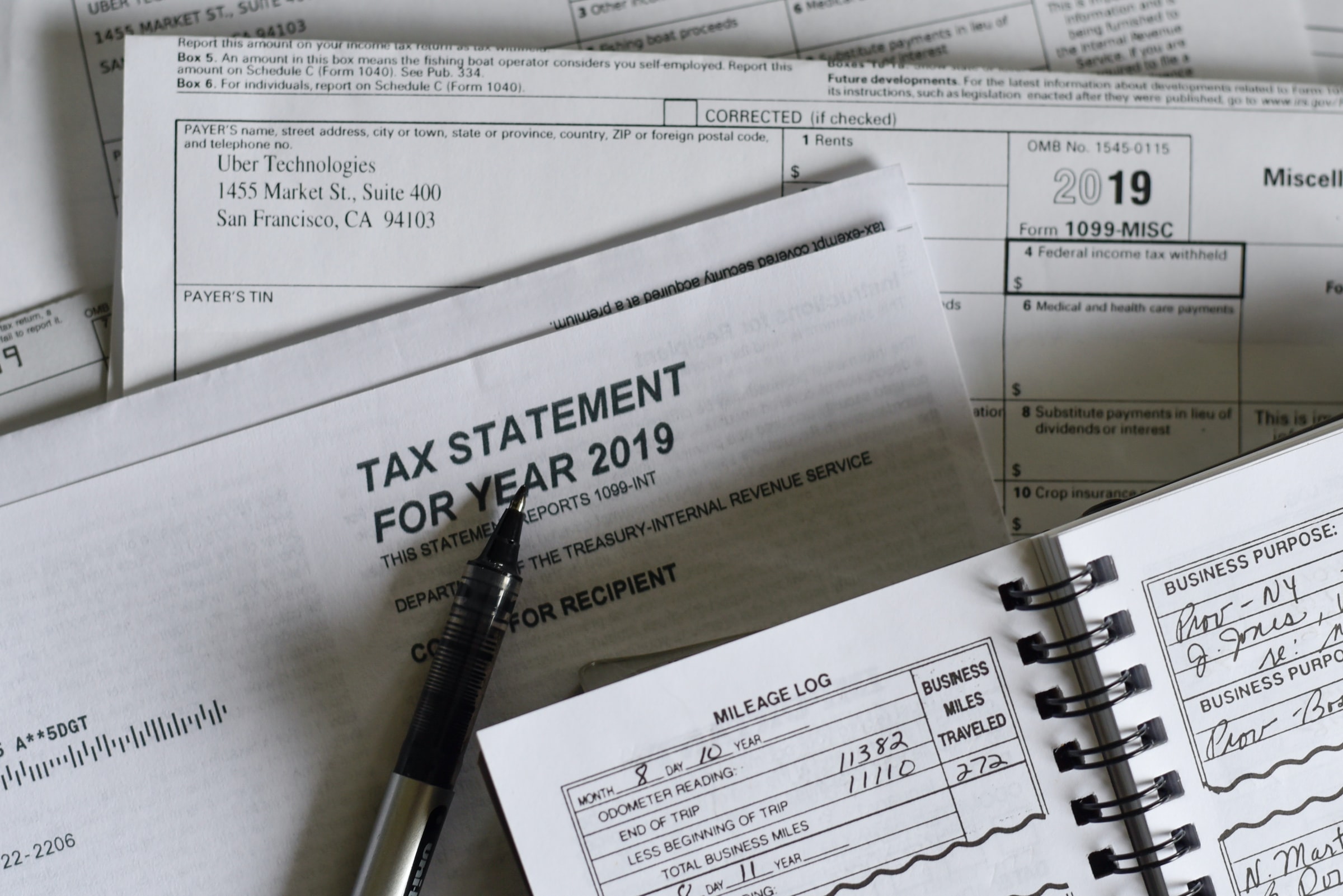When I was 23 years old finally making some money after graduating from the United States Naval Academy, I paid no attention to my leave and earnings statement (a.k.a. pay-stub) every month.
As the money came in, the money went out. I lived and loved my life and I saved when I had a goal to meet. No goal to meet equal no savings. I always had the amount of money I needed. I was in a ignorant but blissful state. Then like clockwork, every January, I would file my taxes and get a large tax return from the government.
I was an idiot…
What I did not know at the time, receiving a tax return every January is not a good thing. In my opinion it’s actually a very bad. I learned that lesson in 2014, when I was a surgical intern at Mount Sinai Hospital in Chicago, IL. As an intern, I had no ability to increase my income, as a result I was forced me to discover ways to save money to ensure that I could make ends meet.
Part of my initial search lead me to reviewing my pay stub. First thing I noticed was that TAXES SUCK and second thing I noticed was that my years in the military didn’t prepare me to understand them. The reality I was then in living in meant that I was paying an astronomical amount each month in taxes and I wanted to know why.
Start with why?
That question, “why“ is Is what led me to looking at my W-4. If you don’t know, a W-4 is a form you fill out typically when you are hired by an employer. It functions as a method to estimate how much you will need to withhold from every paycheck to pay your taxes for the next year. Your martial status and number of dependents are some of the factors which go into calculating your withholding amount. It’s a great resource for extra if you know how to use it properly.
If you withhold too little you will more than likely owe taxes at the end of the year. If you withhold too much, you will receive a tax refund upon filing your taxes. For some folks, receiving a tax refund each year may seem like a good idea, however I am going to tell you that it’s not.
When you receive a refund that means you have given the IRS is 0% interest free loan in the amount of that refund for the past year.
When is the last time the IRS or the government gave you a zero percent interest free loan? Probably never. Doesn’t happen because its bad business on their part and they gain nothing from it. Now imagine you got a refund for $5000, don’t you think that $5000 would’ve been better served in your pocket as opposed in the IRS pocket? I don’t know about you but I like to keep my own money. I worked hard for it and government did nothing to help earn that money, so why should they get an interest free loan.
How do you know what you should withhold?
Well that takes some math and I know a lot of people don’t like math. So the IRS actually makes it easy for you. Publication 15 which ideally is updated every year by the IRS, shows you how to estimate your taxes and the amount you should be withholding.
Because most people will not save appropriately to pay their taxes on time, the IRS typically withholds at a greater rate than you actually need to. I.e. they take more money than they should which is why you end up with a refund. This is perfectly fine for some but not all.
For those who are not fans of giving out free money, your goal at tax time should be to break even. Zero owed and zero refund. A good rule of thumb is to increase your deductions/exemptions on your W-4 for half the year and the other half of the year put it back to normal. If done correctly this will pay your taxes and put extra money in your pocket throughout the year.
The other way to ensure that you pay as little as taxes possible is to actually calculate how much money you owe at the end of the year. As previously mentioned you can calculate your withholding using Publication 15 from the IRS. For those who want to know how much money they will have each money at different withholding levels, you can use our Cash Flow Calculator.
Manipulating your W-4 can be a slippery slope and you can easily go overboard and wind up paying a lot in taxes if you’re not paying attention. So this is not recommended for everyone but if you can maintain a system it will work out for you and your pockets.
As always if you have questions or concerns regarding creating an emergency fund, investing, real estate, insurance, or planning for the future, don’t be afraid to speak with qualified financial advisor. Smart Asset has a great tool to find an advisor in your area or feel free to email me (contact@surgifi.com) to help you on your path to financial independence.
Follow us on Social Media

